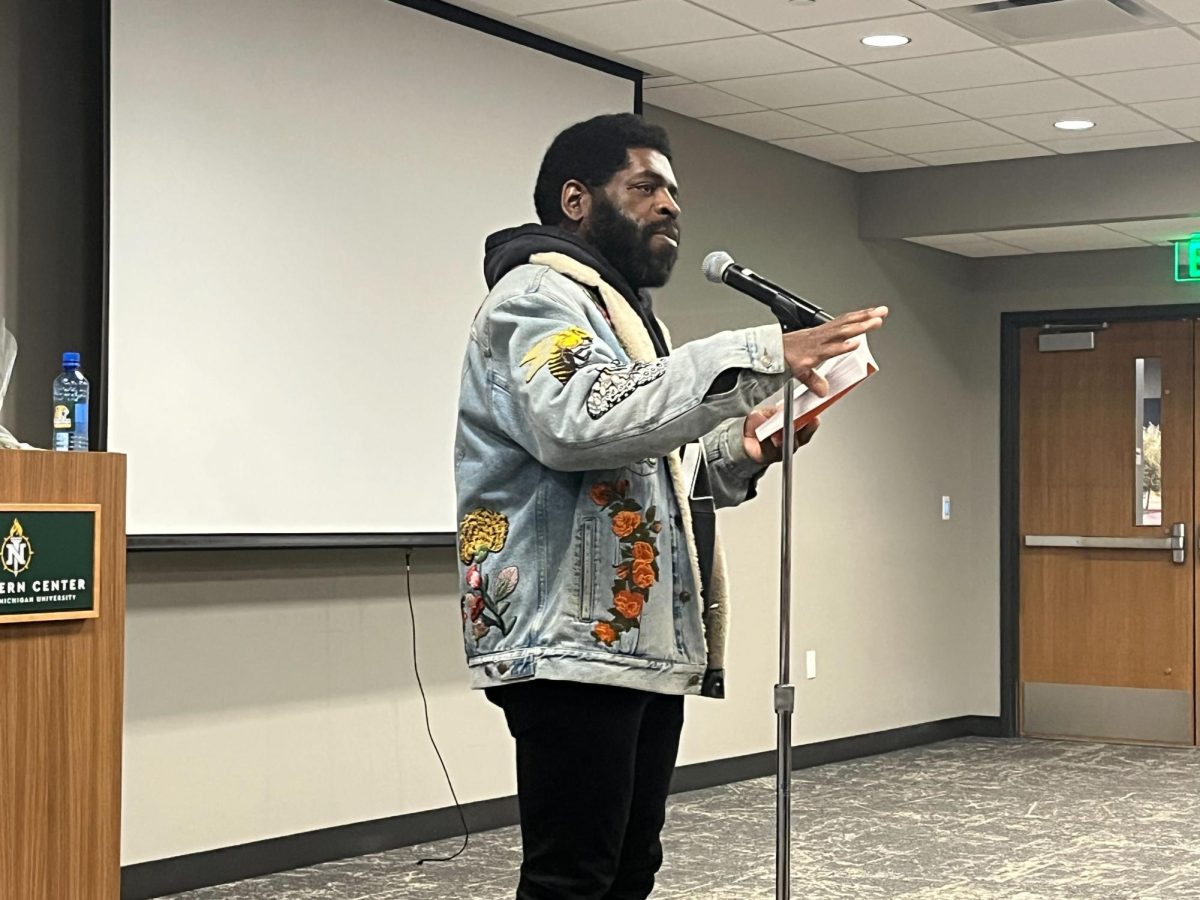When it comes to voting this November, everyone is focused on the presidential election, but there are a lot more than just candidates on the ballot.
There are two proposals 20-1, Use of State and Local Park Funds Amendment and proposal 20-2, Search Warrant for Electronic Data Amendment appearing in this upcoming Michigan election both could affect the future of the state.
The Use of State and Local Park Funds Amendment has to do with the allocation of funds raised from gas and oil revenues towards conservation efforts in Michigan. The proposal would allow the State Parks Endowment Fund to continue receiving money from the Michigan Natural Resources Trust Fund. The State Park Endowment fund, which helps improve and maintain state parks, would be allowed to collect until the total amount of money received reaches $800 million.
The Trust Fund is used for land acquisition, recreational uses, the importance of scenic beauty, development of public recreation facilities, and administration of the Trust Fund. It also includes payments in place of taxes to local units of government on state-owned land purchased through the Trust Fund.
The proposal would also require at least 25% of the Trust Fund spending to go towards parks and public recreation areas and at least 25% towards land conservation.
A yes vote for this proposal would make changes to how revenue can be spent in the state’s park-related funds. It would allow projects to renovate recreation facilities eligible for grants and require at least 20% of the parks endowment fund to be used towards improvements.
One of the groups that supports this ballot proposal is “Vote Yes For MI Water, Wildlife & parks.” The group’s campaign manager Becca Maher, says the funds have already worked to fund initiatives all over the state. Initiatives in Marquette have included work on the Ironbell Trail which is where Sugarloaf Mountain and Presque Isle State Park are.
“It is an opportunity for Michigan voters to expand and update the Michigan natural work fund while continuing to allow the ability of local Michigan initiatives to protect our climate,” Maher said.
A no vote for this proposal opposes making changes to how state parks can be spent. It would continue to prohibit renovation projects to recreational facilities ineligible for grants, as well as not require a certain amount of the Parks Endowment Fund to be spent towards park improvement projects.
One of the groups opposing this measure is the Green Party of Michigan. Robin Laurain,
co-chair of the Green Party of Michigan, argues that Michiganders should push towards cleaner forms of energy instead of continuing to use fracking and other unclean sources. Laurain opposes the use of the funds because they come from fossil fuels and other unclean energy’s arguing that it would be giving these companies a free pass on the environmental damage caused, she said.
“The reason why the Green Party is coming out against this is that the climate crisis is something that’s important to everyone. W we’ve been handed a planet with a ticking time bomb. We believe that fracking and other unclean energy have been a major contributor to the climate crisis,” Laurain said.
The other proposal, Search Warrant for Electronic Data Amendment, focuses on law enforcement’s ability to access an individual’s data from a computer or cellphone without a warrant.
The ballot proposal would amend the Michigan constitution to require law enforcement to obtain a warrant before being able to access the personal data or communication. Specifically, the measure would amend Section 11 of Article I of the Michigan constitution to include wording that would make clear the protection of electronic data or communication.
A yes vote would add specific wording that protects all of an individuals electronic data, whereas a no vote would not make any changes to the Michigan Constitution and not add a person’s electronic data or communications to Article 1 of the Michigan Constitution.
The US Supreme Court heard a case touching on this same topic in 2014 with Riley v. California and the justices ruled that it is necessary to receive a search warrant to access a suspect’s cell phone during an arrest. Chief Justice John Roberts stated that although a police officer can inspect the physical aspects of the phone to ensure it’s not a weapon, a police officer can’t search the phone’s data without a warrant.
Chris MacMaster, head of the criminal justice program at NMU, says that this proposal wouldn’t change the way police conduct investigations. The decision would add the wording to the state constitution, but case law already establishes these types of protection for personal data, he said.
“Everyone has constitutional rights and certainly people should know what those rights are. It’s good to be informed and good to have an awareness of what they are. As far as police go it mainly won’t change the way they conduct investigations,” MacMaster said.





































